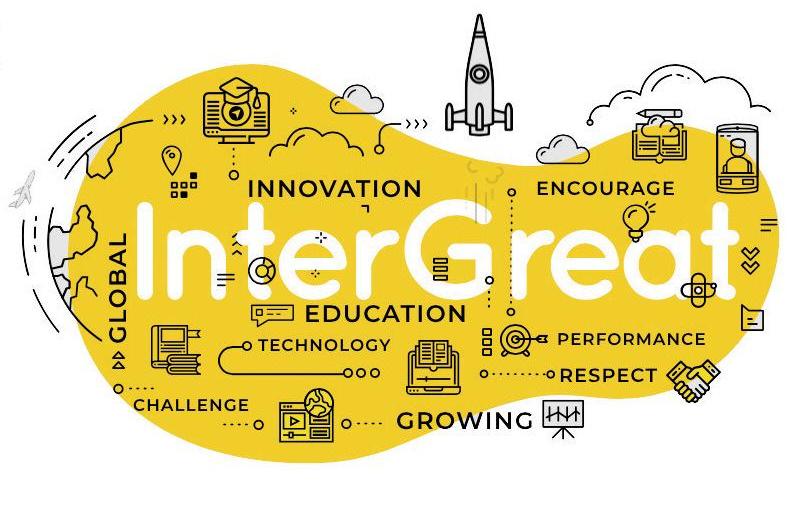33
how you learn, not how you learn, what you learn, not what you learn, means means everything in everything in a global crisis a global crisis Charlotte Weatherley Assistant Head Knighton House
Every dystopian novel is not predicated on the main
In our little community,
lockdown will not be a
their mathematical know-how. The main characters of
with the vocabulary of how
future attitudes to learning.
character’s ability to lecture on the comma splice or the genre live by engaging in a dynamic relationship with their own nature; the attitude and beliefs with which they encounter and adapt to difficult
circumstances. From the characters in Ray Bradbury’s
‘Martian Chronicles’ adapting to the new reality of life on Mars, to the harsh challenges to self-belief and optimism faced by Meg and Charles wallace in
Madeleine L’Engle’s ‘A wrinkle in Time’, what they know is that how you learn means as much, and in a crisis a great deal more, than what you learn.
The lockdown state of the globe has put school, by which I mean the physical space inhabited day to day by teachers and pupils, into pause mode. Reassuring parents with the
cry of ‘distance learning’ as our new normal, teachers have been hard at work mastering online platforms and signing
up to megabytes of free online resources in order to make
the transition from school to no school seem like no biggie. But while teachers have responded with extraordinary speed to seismic changes in their working life -
demonstrating again why no one is in teaching for the cash, only ever for the children - in such testing times, we must accept that it is helping our children to a knowledge of
themselves and the way they learn which will get them
safely and positively through this crisis. And, if we are lucky, emerging with such wonderful self-knowledge that they
might keep the rest of humanity from the oblivion towards which it has been so casually heading.
pupils are already familiar they learn; so, optimism, independence, self-
evaluation are terms with which they are very
comfortable. All our learning is predicated on concepts
(the learning dispositions) providing the strong
foundations on which to
tackle your times tables or
your knowledge of how the semi-colon engages the reader. The COVID-19
outbreak has not changed that. What the crisis has done is reinforce their
importance at such a time
and reinforce what we do not want the period of lockdown
to be: the period of lockdown will not be spent solely in
front of a screen; the period
of lockdown will not be spent competing with Mum and
Dad for a device; the period
of lockdown will not be spent trying to connect and finding
you cannot and the period of
permanent blight on all their So, what will our learning be? It will be a series of tasks
clearly linked to how they
learn and set against real life
assessment; our learning will involve children self-
evaluating and parents
evaluating too; and our
learning will be a little bit
competitive – ‘cos that’s fun
and motivating. All the tasks are practical and reassuring at time when no school
means gone the routine of
daily contact with teachers
and friends and the stability of lessons and playtime; however much it may
sometimes frustrate and enrage, these challenges
remind pupils of all that they love about where they learn. Our pupils’ days will be
divided into challenges, some skills based, but many which are not. We also have a You Tube channel (fondly called
>>>

















